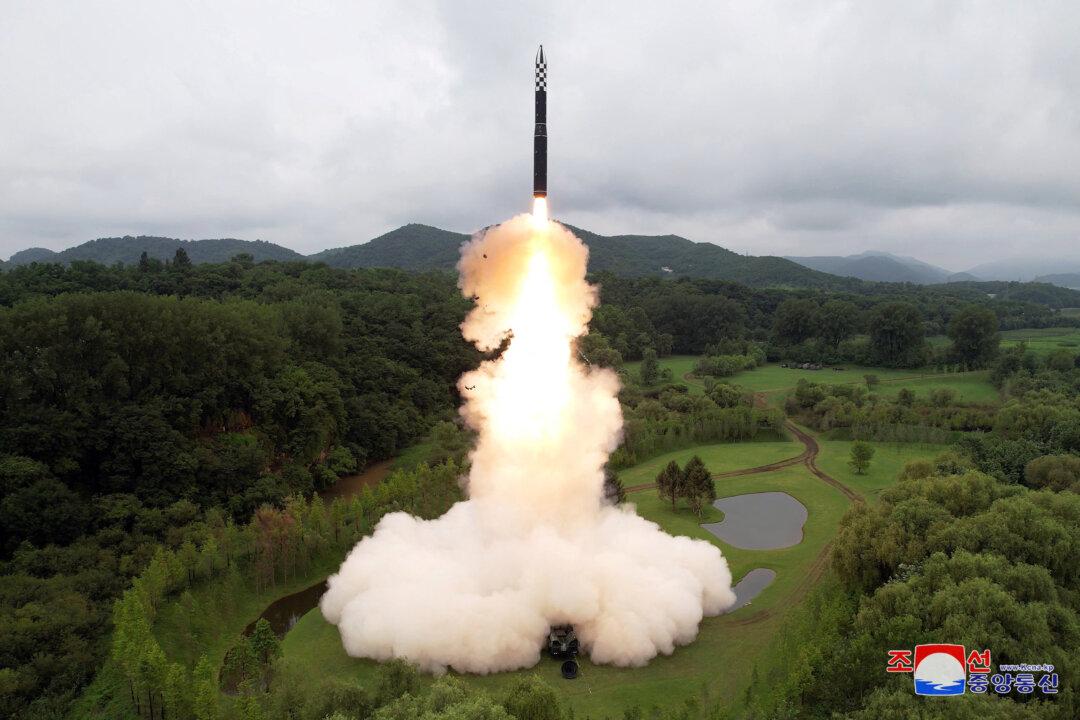The U.S. Department of the Treasury sanctioned two Chinese nationals on Dec. 17 for their participation in a money laundering network that funneled money to North Korea and is believed to be part of the regime’s efforts to finance weapons of mass destruction.
According to the Treasury Department, Lu Huaying and Zhang Jian, both Chinese nationals based in the United Arab Emirates, worked in the United Arab Emirates to launder money, including through the use of cryptocurrency conversion services.





